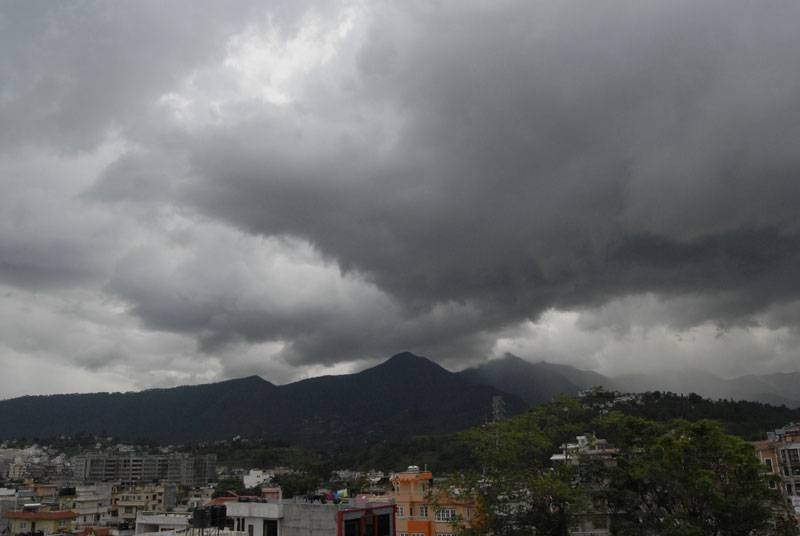Gardeners have been urged to help house starlings in their gardens, after a new survey by the RSPB today found they are in serious trouble. The common British birds have for decades been a staple of the UK countryside, with the birds often described as one of the most frequently spotted garden birds. But this year, the Royal Society for the Protection of Birds has found that starlings are one of the species with the worst decline in numbers in the UK and the charity is asking gardeners to do something to help them urgently because they are disappearing from gardens rapidly.
The RSPB’s Big Garden Birdwatch, which took place over the last weekend in January, found the lowest ever number of starlings since the survey began in 1979. The RSPB said: "Starlings have fallen from number three to four in the latest UK-wide Big Garden Birdwatch results as their lowest number ever was recorded." The charity warned that starling numbers have dropped by 85% since the first survey.

RSPB chief executive Beccy Speight said the latest results for starlings were a "reason for concern". She said: "Starlings are one of our most charismatic garden birds, but this year’s Big Garden Birdwatch result is a reason for concern. "With one in six species at risk of extinction from Great Britain, we’ve done more damage to our natural world than we realise.
"However, we can all do our bit to support these threatened birds by taking small actions that can not only benefit starlings, but a wealth of other garden wildlife." The charity is urging gardeners to take simple steps to help starlings in their back gardens, including avoiding the use of pesticides and keeping a natural lawn which allows the birds to forage for bugs such as crane fly larvae, known as leatherjackets. The birds also prefer short grass to look out for predators, so mowing the lawn now and then is beneficial, the charity says, while putting up nest boxes for starlings – with a 45mm entrance hole – gives them a nesting site.
This year’s Big Garden Birdwatch saw house sparrows in the top spot, although they have also seen average numbers decline in gardens by more than half (55%) since the science scheme began. In second place were blue tits, and wood pigeons came in third place, both of which have seen numbers increase in gardens in the survey in the last 45 years. But other common birds such as blackbirds and robins have seen numbers fall since the survey began.
Beccy added: "To halt nature’s decline and turn around the fortunes of our native species, we need to help them return to healthy levels, so they become a feature of everyday life once more. "Our countryside, our farms and our towns all need support to encourage nature, and while our homes and gardens often provide the perfect place for individual people to help, we also urgently need governments and businesses to join us in the wider fight to restore our natural world." Gardeners are being pushed to help house sparrows too as their numbers are also dropping.
The RSPB added: "House Sparrows need our help. House Sparrows are one of the UK’s most widespread birds. While they are often the most commonly spotted garden birds in Big Garden Birdwatch, unfortunately their breeding numbers have drastically declined since records began over the last 50 years.
"In 2002, House Sparrows were added to the UK Red List of birds of high conservation concern. Although there have been increases in some areas over the last decade, House Sparrows remain on the Red List." Like starlings, gardeners are being asked to help out these embattled birds before it’s too late.
The RSPB added: "One way to help garden birds is by encouraging insects. Why not let a patch of your garden grow wild this spring and summer? "You’ll get a rest, and you’ll reap the rewards come Big Garden Birdwatch 2026. "The problems faced by birds are many and varied, which means we need to take action in all sorts of areas.
From gardening for wildlife to the way we farm and manage our rivers, it all impacts on nature. That’s why we work tirelessly to save, protect and fight for nature. And when we come together for nature, it works.
".
Environment

Gardeners urged to do these 3 things as starlings and sparrows vanish from gardens

Sparrows and starlings are both under serious threat, the RSPB has warned in its latest Birdwatch survey released on Friday April 11.















